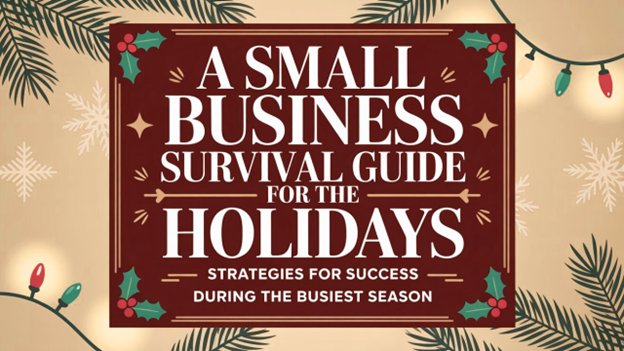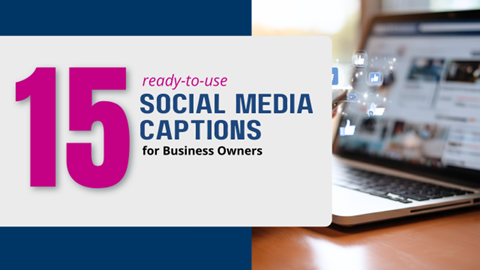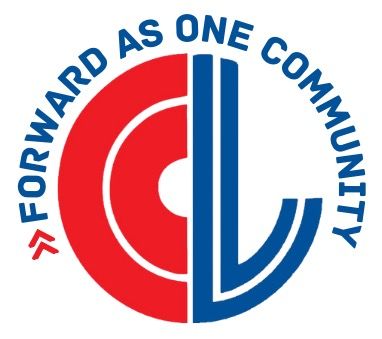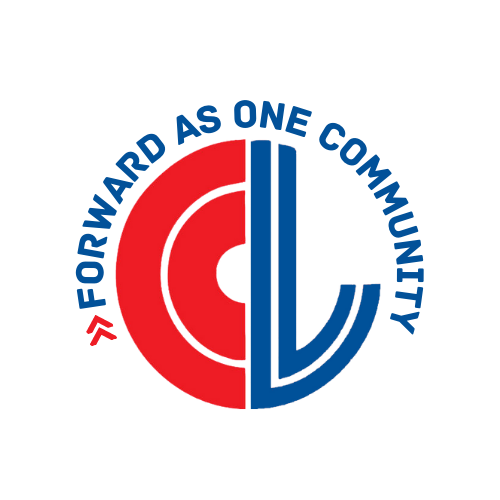Preventing Ethical Burnout: Protecting Your Team's Integrity Under Pressure
- Ethical burnout can occur when workplace stress affects employees' ability to uphold their values, making it crucial for leaders to recognize and address this issue.
- Rising commercial pressures can lead to ethical lapses; leaders should set realistic goals and promote open communication to prevent this.
- Creating a culture of psychological safety helps combat "survival mode" thinking, allowing employees to focus on integrity rather than self-preservation.
- Decision fatigue in high-pressure environments can weaken ethical decision-making; leaders should encourage thoughtful consideration and provide decision-making frameworks.
- Fostering a collaborative culture that celebrates team achievements over individual ambition can enhance ethical behavior and strengthen team cohesion.
680 words ~3.5 min. read
In today's fast-paced business world, workplace stress is nearly unavoidable. If this pressure isn't managed, it can lead to a serious issue: ethical burnout. This happens when ongoing stress affects an employee's ability to stick to their values, making it hard to maintain integrity in tough situations. As leaders, it's important to spot the signs of ethical burnout and take proactive steps to safeguard your team's ethical standards. Harvard Business Review outlined four ways employees may feel pressured to override their good judgment. Read on to learn how to identify these four pitfalls and how to implement success strategies to create a culture where integrity thrives, even under pressure.
Managing Increased Commercial Pressures
One of the first signs of possible ethical burnout is rising commercial pressure. When employees are pushed to hit ambitious targets without enough support, they might feel pressured to take risks that could compromise their integrity. This can result in ethical lapses as individuals focus on short-term gains over long-term principles.
To combat this, leaders should set realistic and achievable goals that motivate their team instead of draining them. Open communication is key—create an environment where employees feel safe discussing concerns about overwhelming targets. Leaders should also coach their teams to break larger goals into manageable steps, ensuring that success is sustainable. Establishing trust and transparency helps prevent ethical compromises, even in high-pressure situations.
Combatting "Survival Mode" Thinking
When job security is at risk, employees might enter "survival mode," focusing on self-preservation rather than ethical standards. This can quickly lead to ethical fatigue, where employees feel they must protect themselves at all costs, which can harm their integrity.
To avoid this mindset, it's important to create a culture of psychological safety. Start by openly discussing stress and recognizing the pressures employees face. Leaders should consider introducing "ethics ambassadors"—trusted colleagues who can provide guidance and support during ethical dilemmas. These ambassadors serve as role models and confidants, emphasizing the importance of integrity in challenging situations. Additionally, forming peer support networks fosters collaboration and shared responsibility, which helps strengthen the team's ethical foundation.
Reducing Decision-Making Overload
Decision fatigue is a real issue in high-pressure settings where quick actions are often needed. This rush can lead to shortcuts and weaken ethical decision-making. When speed takes precedence, the quality of decisions can drop, which may result in ethical missteps.
Leaders can address this by fostering a culture that values thoughtful decision-making. Encourage employees to take their time and think carefully when faced with complex choices. This approach isn’t about slowing down efficiency; it’s about ensuring that integrity remains a core part of the decision-making process. Leaders should stress that taking time to evaluate decisions is a commitment to the organization’s values, not a sign of inefficiency. Offering decision-making frameworks with ethical checkpoints can help teams handle tough situations while staying true to their principles.
Reducing the Culture of Envy and Competition
While a competitive workplace can drive results, it can become problematic when personal ambition overshadows collective success. A culture filled with envy and cutthroat competition can harm team cohesion and lead to unethical behavior as individuals compete for recognition and rewards.
To foster a more ethical environment, it's important to celebrate and reward team achievements, not just individual ones. By prioritizing team wins and promoting collaboration, leaders can keep high performers grounded and aligned with the organization's values. Publicly recognizing contributions that support teamwork and integrity sends a clear message that the company values ethical behavior over personal ambition. Regular team-building activities and cross-functional projects can also help break down barriers and create a more inclusive, integrity-focused culture.
The Takeaway
Ethical burnout is a subtle yet serious threat that can undermine a team's integrity. As business leaders, it's crucial to spot early warning signs and take steps to prevent ethical fatigue. By encouraging open communication, ethical discussions, psychological safety, and celebrating team successes, leaders can help their teams cope with workplace pressures without compromising their values. Remember, protecting your team's ethics is not just the right thing to do—it’s a strategic advantage that builds trust, resilience, and long-term success.
---
The Leavenworth-Lansing Area Chamber of Commerce is a private non-profit organization that aims to support the growth and development of local businesses and our regional economy. We strive to create content that not only educates but also fosters a sense of connection and collaboration among our readers. Join us as we explore topics such as economic development, networking opportunities, upcoming events, and success stories from our vibrant community. Our resources provide insights, advice, and news that are relevant to business owners, entrepreneurs, and community members alike. The Chamber has been granted license to publish this content provided by Chamber Today, a service of ChamberThink Strategies LLC.




